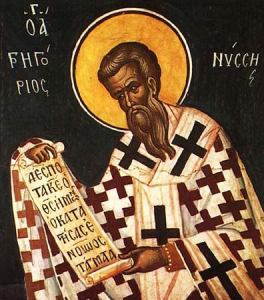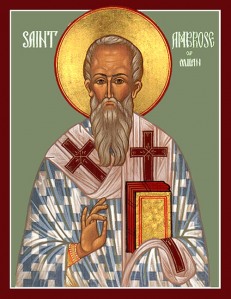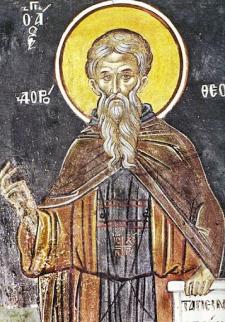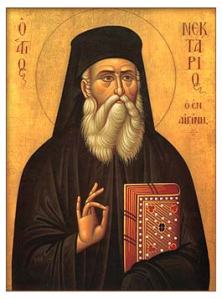It is narrow and contracted.
It has no turnings either on the one side or the other.
No matter how we leave it, there is the same danger of straying hopelessly away.
This being so, the habit which many have got into must be as far as possible corrected.
I am speaking of those, who while they fight strenuously against the baser pleasures, yet still go on hunting for pleasure in the shape of worldly honour and positions which will gratify their love of power.
They act like some domestic who longed for liberty, but instead, of exerting himself to get away from slavery, proceeded only to change his masters, and thought liberty consisted in that change.
But all alike are slaves, even though they should not all go on being ruled by the same masters, as long as a dominion of any sort, with power to enforce it, is set over them.
There are others again who after a long battle against all the pleasures, yield themselves easily on another field, where feelings of an opposite kind come in.
And, in the intense exactitude of their lives, they fall a ready prey to melancholy and irritation, and to brooding over injuries, and to everything that is the direct opposite of pleasurable feelings; from which they are very reluctant to extricate themselves.
This is always happening, whenever any emotion, instead of virtuous reason, controls the course of a life.
For the commandment of the Lord is exceedingly far-shining, so as to “enlighten the eyes” even of “the simple” (Ps. 18:6-8), declaring that good cleaves only unto God.
But God is not pain any more than He is pleasure; He is not cowardice any more than boldness; He is not fear, nor anger, nor any other emotion which sways the untutored soul, but, as the Apostle says, He is Very Wisdom and Sanctification, Truth and Joy and Peace, and everything like that.
If He is such, how can anyone be said to cleave to Him, who is mastered by the very opposite? Is it not want of reason in any one to suppose that when he has striven successfully to escape the dominion of one particular passion, he will find virtue in its opposite?
[…] It matters not whether we miss virtue, or rather God Himself Who is the Sum of virtue, in this way, or in that.
[…] He therefore who watches over the life and the sanity of the soul will confine himself to the moderation of the truth; he will continue without touching either of those opposite states which run alongside virtue.
Gregory of Nyssa (c 335 – after 394): On Virginity, 16 (slightly adapted).


















